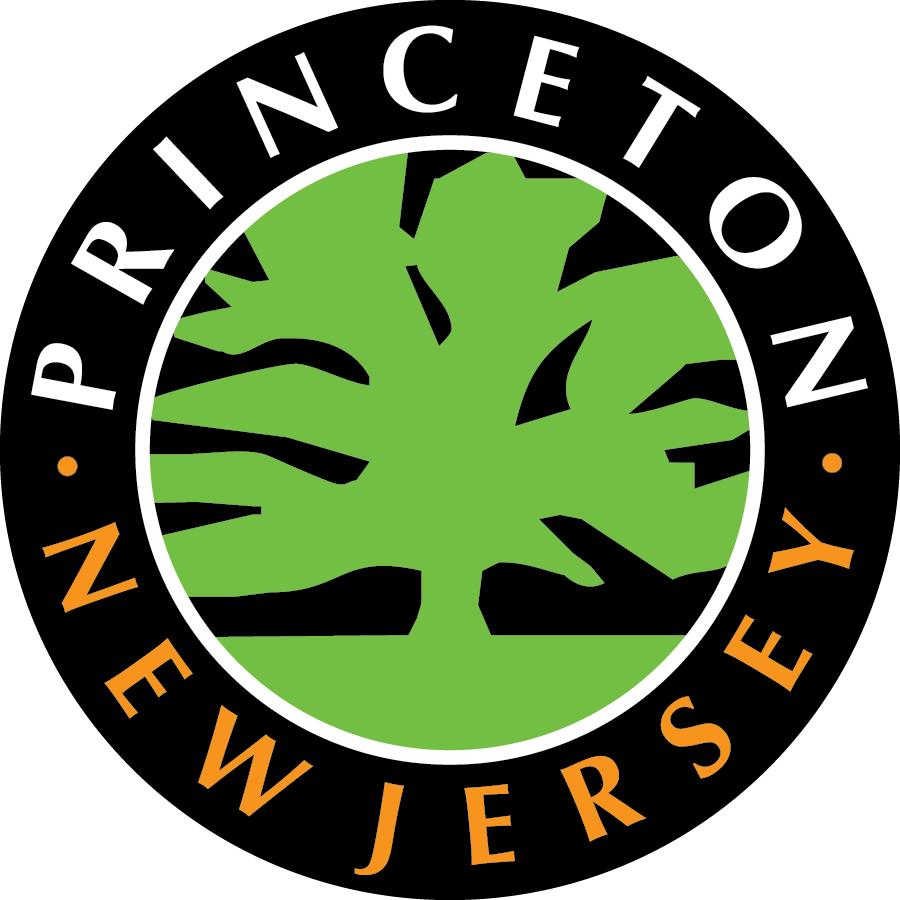The Historical Society of Princeton (HSP) has launched a series of digital activities and content to engage homebound history lovers of all ages.
With the temporary closure of the Updike Farmstead museum and suspension of walking tours and other public programs, HSP has turned to the internet to continue to bring the past to life and explore its enduring relevance. This free initiative, History@Home, is available at princetonhistory.org/athome/
“While this is a difficult time for all of us, we are pleased to be able to provide digital learning opportunities and some fun diversions for the online community,” said Eve Mandel, director of Programs and Visitor Services, in a statement prepared by HSP. “We keep adding content, so we encourage people to regularly check History@Home to see what’s new, and look for new Facebook, Twitter and Instagram posts everyday.”
From the comfort and safety of their home, people can take a virtual walking tour or view an online exhibition. There are links to explore digitized photographs, documents and newspapers illuminating Princeton history. Exciting history stories are posted to HSP’s social media accounts daily, under #historyathome.
A video resource on History@Home is the NY-Emmy nominated video series, “It Happened Here: New Jersey.” Short narratives about the state’s history include six Princeton-related topics, such as Paul Robeson, Albert Einstein and the Revolutionary War.
For families, the annual Building Princeton event – constructing historic buildings out of LEGOs – will be offered online. The finished projects will be posted on April 19.
Parents can also find hands-on Princeton history projects to supplement students’ remote learning. Each activity features real historic photographs and documents. All ages will enjoy digital jigsaw puzzles featuring historic images from HSP’s collection.
As part of this initiative, HSP is also encouraging people to document and share their perspectives on this historic pandemic’s impact. Sharing photographs, recording observations in a Google Form, or keeping a journal are all ways to add to the historical record. These contributions will tell the story of current events to those in the future and aid them in understanding this challenging time, according to the statement.
For those looking for other ways to help, History@Home includes a list of transcription initiatives. Volunteers can transcribe documents for a variety of institutions, including the Smithsonian, National Archives and the New York Public Library. The Library of Congress’ project focuses on documents relating to women’s suffrage, as 2020 marks the 100th anniversary of the 19th Amendment.
“We feel it is important for us to continue pursuing our history education mission, especially during these challenging times,” Izzy Kasdin, HSP’s executive director, said in the statement. “History reminds us that we have faced tough times as a community before and shows us the resilience of the human spirit. History is a source of hope for us at the Historical Society right now, and we would like for it to provide inspiration and courage to the broader community.”
Founded in 1938, The Historical Society of Princeton (HSP) is a museum and research center dedicated to interpreting the history of Princeton, New Jersey. HSP’s headquarters, Updike Farmstead, is listed on the State and National Register of Historic Places and lies within the Princeton Battlefield/Stony Brook Historic District. For more information, visit www.princetonhistory.org.

